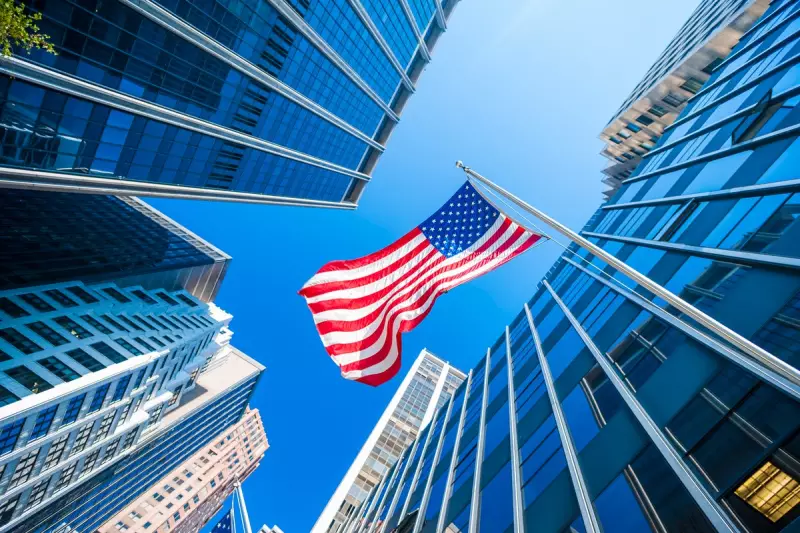
A significant cultural transformation is sweeping across the United States as the nation re-evaluates its historical narratives and commemorations. The decades-long movement to replace Columbus Day with Indigenous Peoples' Day is gaining unprecedented momentum, reflecting a broader societal reckoning with colonial history.
The Growing Movement for Change
From state legislatures to city councils, numerous jurisdictions are officially recognising the second Monday of October as Indigenous Peoples' Day instead of, or alongside, the traditional Columbus Day. This shift represents more than just a name change—it signifies a fundamental reconsideration of how Americans acknowledge their complex history.
The movement has seen particular success in states with significant Native American populations, though it's increasingly spreading to diverse regions across the country. Supporters argue that celebrating Indigenous Peoples' Day provides long-overdue recognition of native communities' rich cultures and acknowledges the devastating impact European colonisation had on indigenous populations.
Monumental Decisions and Public Memory
Parallel to the holiday debate, communities are grappling with the fate of Christopher Columbus monuments that dot the American landscape. Several cities have made the controversial decision to remove statues of the Italian explorer, while others have relocated them to less prominent locations or added contextual plaques.
These decisions often spark heated debates about historical preservation versus historical accuracy. Proponents of removal argue that glorifying figures associated with colonialism and violence against indigenous peoples contradicts contemporary values of inclusion and historical truth.
A Federal Holiday in Transition
While Columbus Day remains a federal holiday, observed by government closures and mail service suspensions, its observance at state and local levels varies dramatically. Some states have completely abandoned the Columbus Day designation, while others observe both holidays or have created compromise positions.
The debate extends beyond government recognition to corporate America and educational institutions, with many businesses and schools choosing to recognise Indigenous Peoples' Day in their scheduling and programming.
Looking Forward
As the movement continues to gain traction, activists are pushing for federal recognition of Indigenous Peoples' Day. Legislative efforts in Congress have seen increased support in recent years, though the path to replacing the federal holiday entirely remains challenging.
This ongoing cultural conversation reflects America's evolving understanding of its history and the growing emphasis on acknowledging perspectives that were historically marginalised or silenced in national narratives.





